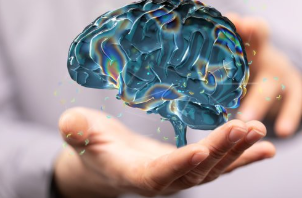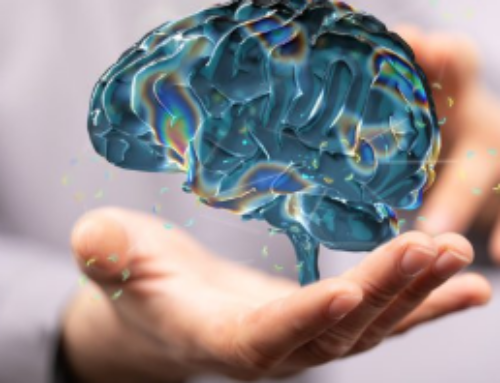If you’ve ever relied on alcohol or cannabis to help you fall asleep, you’re far from alone. Many turn to misusing substances at night in search of relief from restlessness, anxiety, or insomnia. And while those substances might seem helpful initially, they often create more sleep problems than they solve. Thankfully, there are healthier strategies to try instead.
Why Alcohol and Cannabis Interfere with Sleep
Alcohol is a sedative, which is why it’s so often used to take the edge off before bed. While it may help you fall asleep faster, it prevents you from entering the deeper, more restorative stages of sleep. People often wake up frequently during the night and feel groggy or unrefreshed in the morning and may not even realize that alcohol is the culprit.
Cannabis works differently in the brain and can promote relaxation, but its effects vary from person to person. Some individuals experience side effects like anxiety, agitation, or unpleasant dreams, particularly with regular or high-dose use.
Perhaps the biggest issue with misusing substances for sleep is the development of tolerance and withdrawal. Over time, the body adapts — you need more of the substance to achieve the same effect, and if you stop, your sleep can worsen dramatically. For those who think they can’t sleep without it, it may be a sign that the body has become dependent.
Healthier Habits That Support Better Sleep
Fortunately, there are practical, natural ways to improve sleep — without the side effects or long-term consequences of substance misuse. These are some of the most helpful approaches:
- Cut back on caffeine. Ideally, stop by noon. Many people underestimate how much caffeine they consume, especially from energy drinks, soda, and chocolate.
- Avoid late-night eating. Try not to eat within two hours of bedtime. A full stomach can interfere with your body’s natural wind-down process.
- Minimize screen time in the evening. Blue light from phones, TVs, and computers can activate your brain, making it difficult to fall asleep. Try and turn off screens at least an hour before bed.
- Create a calming environment. Darkness, cool temperatures, and quiet make a big difference. Use blackout curtains, eye masks, white noise machines, or earplugs if needed.
- Use sleep-supportive apps. Many free biofeedback apps offer relaxation techniques or guided breathing to help prepare your mind and body for rest.
A structured, consistent evening routine can go a long way if you’re trying to improve your sleep naturally. It might not feel like much at first, but over time, this consistency helps signal to your brain that it’s time to sleep.
What to Expect When Transitioning Off Substances
Switching from substance-assisted sleep to natural methods can be one of the most challenging parts of early recovery — and also one of the most important.
Withdrawal symptoms, especially insomnia, can persist for weeks or even months. Many assume that after a week or two of recovery, they should sleep fine. In reality, the brain and body often need more time to reset. Difficulty sleeping is one of the last symptoms to resolve.
On top of that, there’s often a habitual component to substance misuse at night. The ritual of drinking or using before bed becomes ingrained, and changing that pattern takes effort and support.
When Safe Sleep Aids Can Help
While some people can manage this transition using behavioral changes alone, others benefit from temporary sleep support — and that’s okay.
For those who are hesitant to take any sleep aid during recovery, short-term use of safe, non-habit-forming medications can help stabilize sleep and make early recovery more manageable. A few options include:
- Melatonin: You can regulate your body’s sleep-wake cycle using this natural supplement.
- Magnesium: Known for its gentle, muscle-relaxing effects (though it should be used carefully to avoid digestive upset).
- Diphenhydramine: A sedating antihistamine that can help some people fall asleep more easily.
If these over-the-counter options aren’t effective, a healthcare provider may suggest prescription options that have sedative side effects. These are commonly used specifically to support sleep during the recovery process.
Always check that over-the-counter medications — especially cough or cold remedies — don’t contain hidden alcohol, which can interfere with recovery.
Give Yourself Permission
Recovery is hard enough without being exhausted. Quality sleep is essential for physical healing, emotional resilience, and long-term success. If you’re struggling, you’re not alone, and you don’t have to white-knuckle it.
Whether you try natural methods, temporary medications, or both, finding a strategy that supports your sleep and overall wellbeing is the most important thing. Permit yourself to take care of your body in safe and sustainable ways.
Better sleep is possible — and worth working toward.
If you or a loved one are struggling with addiction or co-occurring disorders, call the New England Recovery Center today at 1-877-MyRehab.










